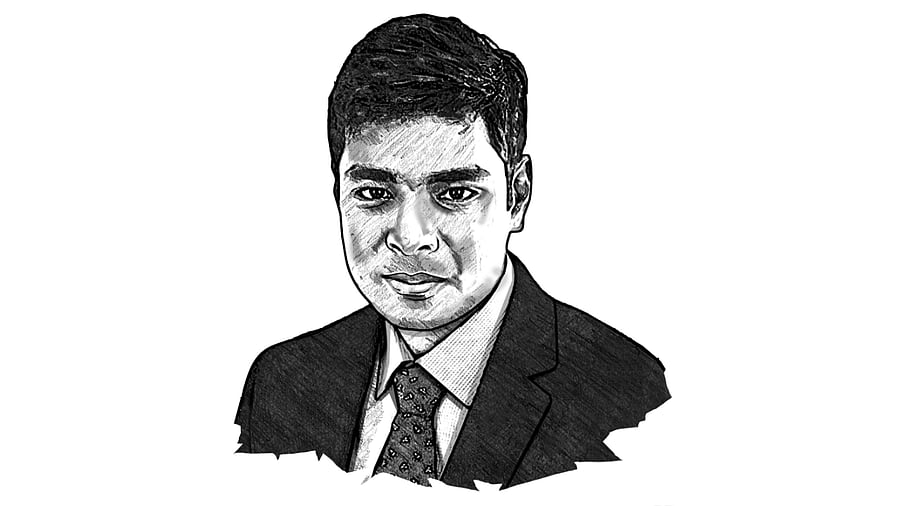
Mohamed Zeeshan is a student of all things global and, self-confessedly, master of none, notwithstanding his Columbia Master’s, a stint with the UN and with monarchs in the Middle East @ZeeMohamed_
If there is one universal trend that defines our times, it’s that everything is getting shorter, faster, and tighter. Since 1990, the average length of a song featured in the top 100 American charts has decreased by over 60 seconds.
The duration of the average shot in Hollywood movies has gone down from about 12 seconds in the 1930s to a meagre 2.5 seconds today. Cricket, a sport that was once played exclusively over five full days – sometimes with a ‘rest day’ added to the schedule – is now largely played in much shorter formats, over three to four hours.
A lot of this is put down to our decreasing attention spans. In the few short minutes that it has taken me to write these past few lines, I have already picked up my phone three times. I can barely get through an hour’s worth of work without suddenly texting a friend, checking ESPN, or scrolling through Instagram.
Should we be worried? As a writer, I am.
In a crowded marketplace, writers are also under pressure to shorten and simplify their work. Some years ago, major news outlets such as Reuters began asking their journalists to limit stories to under 500 words. Bestselling books have also gotten 12% shorter over the past decade. Simultaneously, the vocabulary possessed by the average adult has also shrunk, even as more people attain formal education than before.
The simplification of writing flies in the face of evolution. Several thousands of years ago, while the earliest humans were still wandering the forests, the invention of language became a game changer. It allowed humans to cooperate with large numbers of strangers in ways that no other animals could. A small band of humans was powerless when they were chased by a lion. But a large town of humans could tame entire prides.
But humans were not necessarily unique in their ability to communicate vocally. A wide range of animals – including apes, whales, elephants, and parrots – are also capable of producing distinct sounds and even words. What made human language unique was the ability to string together multiple words in coherent sentences to communicate complicated ideas. While other animals may warn each other of predators in the wild, humans could inform each other of things that are unseen, unknown and unimagined.
As humans coalesced to form towns, cities, empires, and then nations, the complexity of their lives also increased exponentially. That made cooperation more important and difficult, and language consequently became ever more complicated.
The complexity of human life has not ceased in recent years; if anything, it has only accelerated. Everything from the development of Artificial Intelligence (AI) to the functioning of digital governance hinges on the human ability to communicate clearly and comprehensively – and with all the nuance and complexity that these matters carry.
Yet, as people run out of patience with writers and speakers, our collective ability to inform or unite each other on these complicated matters is diminishing. Not by coincidence, much of the global discourse and politics today is increasingly coloured by fiery, sensationalist, black-and-white rhetoric – it is designed more to vie for our vanishingly thin attention than to unite us as a people.
To be sure, I’m not one to argue against making complex ideas more widely accessible. Through much of history, intellectual elites had weaponised language – depriving the masses of its knowledge and using words that they could not comprehend. Roman senators, for instance, spoke a form of Latin that most of the commoners did not. My cause, instead, is that education on good language must become more accessible – and citizens should take the pain to read and think more.
In a world that is increasingly decentralised and democratic, it’s not enough for a handful of educated elites to speak and write well. Today’s crises are far too complicated to be solved through a half-hearted, childlike understanding of the world.